-
About
- Our Work
- Get Involved
- Stay Updated
Reintegration of ex-combatants through agriculture in Côte dIvoire: PROPACOM project
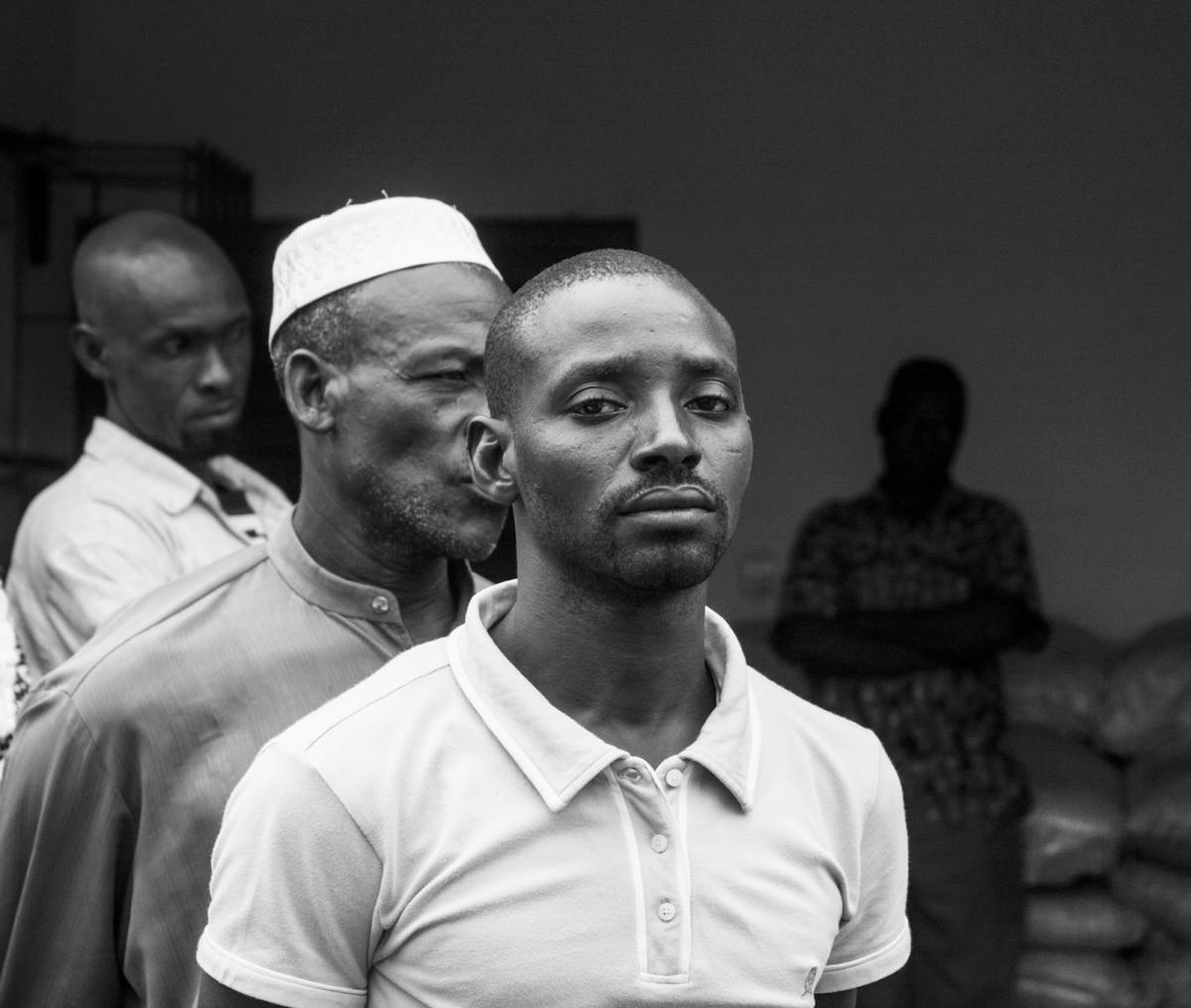 My name is Mariajose Silva Vargas, I am a Bolivian national currently finishing my internship in the Office of the President and Vice-President of the International Fund for Agricultural Development (IFAD). Furthermore, I just graduated from Ghent University in Belgium with an International Master of Science in Rural Development (IMRD) degree.
My name is Mariajose Silva Vargas, I am a Bolivian national currently finishing my internship in the Office of the President and Vice-President of the International Fund for Agricultural Development (IFAD). Furthermore, I just graduated from Ghent University in Belgium with an International Master of Science in Rural Development (IMRD) degree.
In June 2014 I went to four different cities in Côte d’Ivoire to collect data for my master's dissertation and for this reason, I visited the IFAD Projet d'appui à la Production Agricole et à la Commercialisation (PROPACOM). Specifically, I met with a special cluster of the project's beneficiaries: the ex-combatants.
Indeed, the country’s last civil conflict ended in 2011, and nowadays there are around 74.000 ex-combatants that need to be reintegrated into the socio-economic life. Thus, IFAD is assisting the Authority of Demobilization, Disarmament and Reintegration (ADDR) by forming, supporting and installing 2000 ex-combatants into the agro-pastoral sector.
“The project's objective is to integrate ex-combatants, because they had nothing after the two crises. After years of fighting they had to go back to their life,” said Mr Pierre Soro Seydou, coordinator of the PROPACOM team in Bouaké.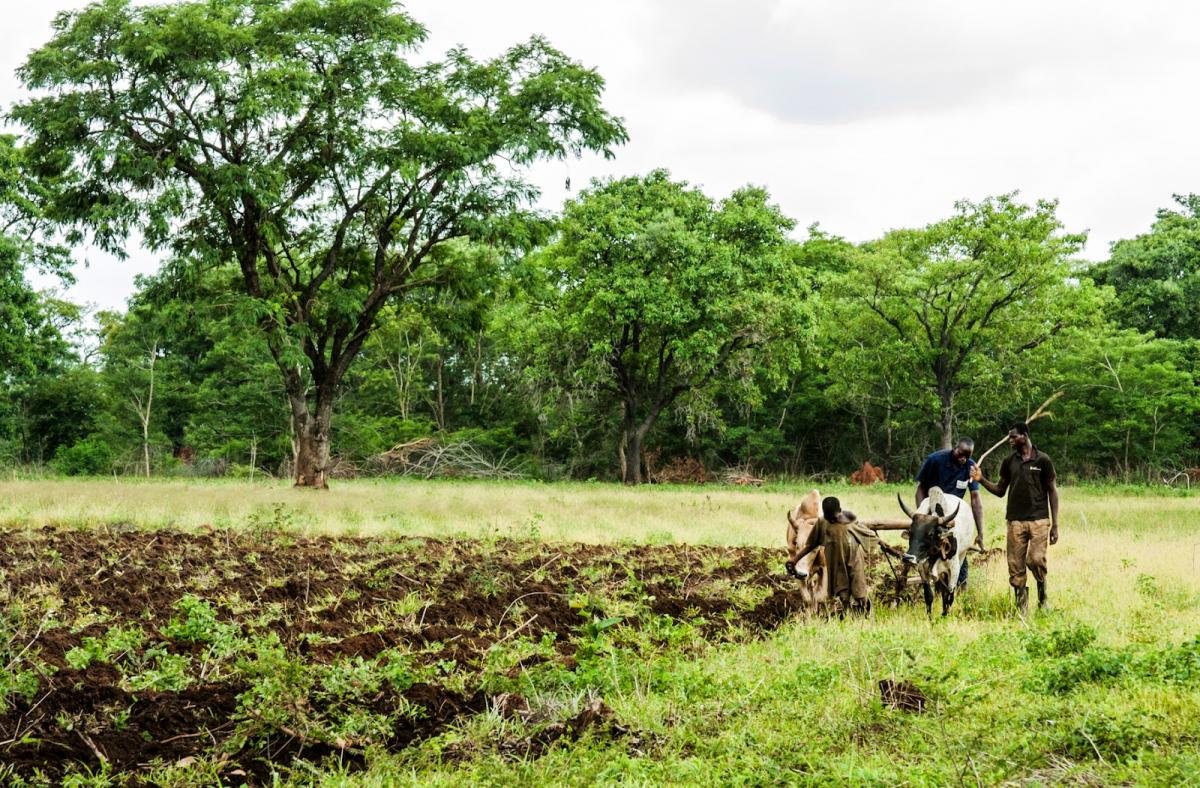
During the first days of my visit, I was very nervous: indeed, I wondered how to talk to them or ask them about their life after the war, since inevitably the reintegration of ex-combatants is a very delicate issue. Nevertheless, when I met them, their communities and families, they were all very kind and available to answer all of my questions. Therefore, during our conversations, they explained to me that today they just want to take care of their families, and this is one of the main motives why they want to become farmers.
 Consequently with the project, the ex-combatants and their communities receive training to start or to return to work in the agricultural sector. In fact, many of them were already farmers before the first crisis in 2002. Indeed, Mr Yefarguia Kone, one of the former fighters said to me:“I was born in agriculture, before the war I was also a farmer”In any case, with the training they also learn new techniques to increase the production, such as methods to process cassava into manioc, or shea nuts into shea butter. For them, the formation is essential for many reasons, such as to improve the quality of their production or enhance social cohesion with other people.
Consequently with the project, the ex-combatants and their communities receive training to start or to return to work in the agricultural sector. In fact, many of them were already farmers before the first crisis in 2002. Indeed, Mr Yefarguia Kone, one of the former fighters said to me:“I was born in agriculture, before the war I was also a farmer”In any case, with the training they also learn new techniques to increase the production, such as methods to process cassava into manioc, or shea nuts into shea butter. For them, the formation is essential for many reasons, such as to improve the quality of their production or enhance social cohesion with other people.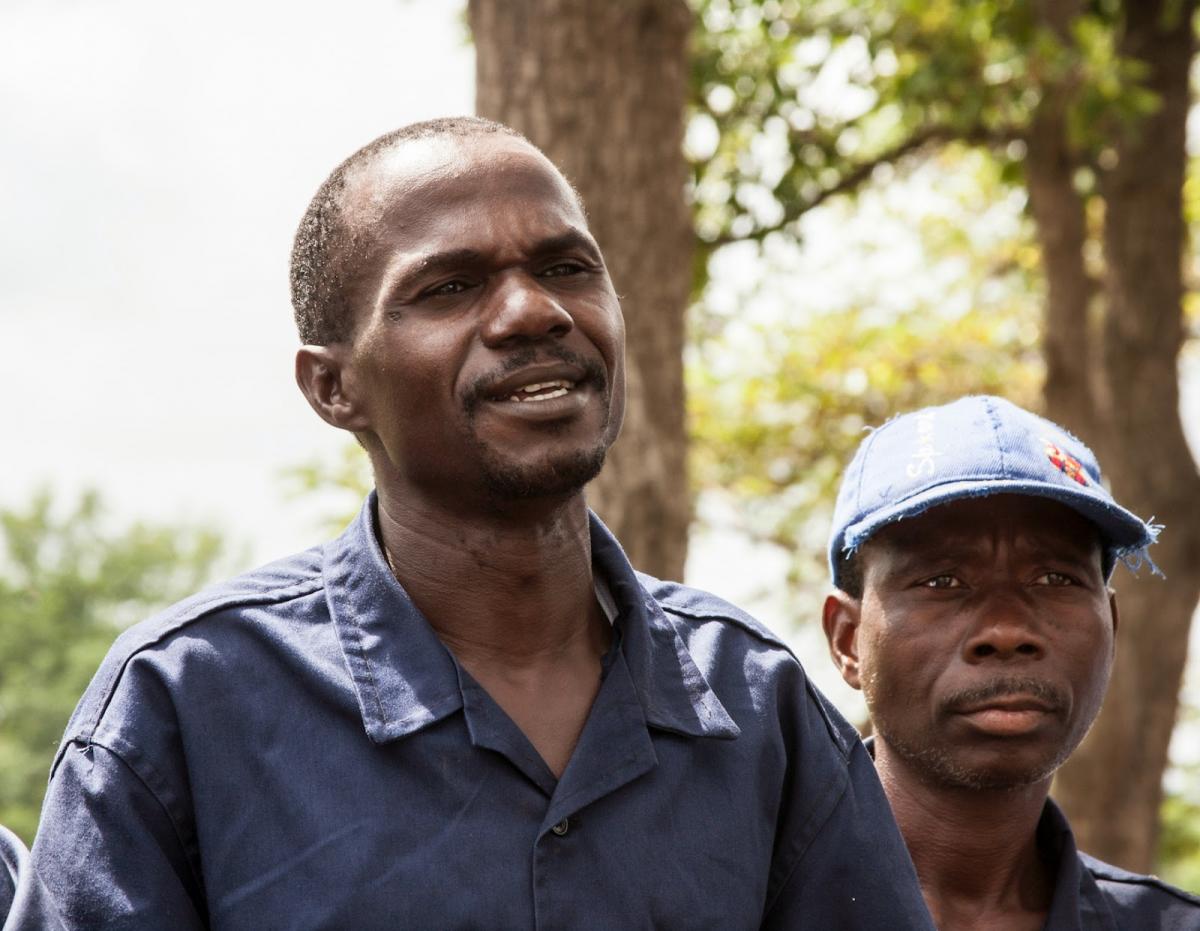 “ After the formation I have found many things that have helped me to improve my everydaylife. Really, the formation have donated me many things, especially techniques in theagriculture,” said Mr Yefarguia Kone.
“ After the formation I have found many things that have helped me to improve my everydaylife. Really, the formation have donated me many things, especially techniques in theagriculture,” said Mr Yefarguia Kone.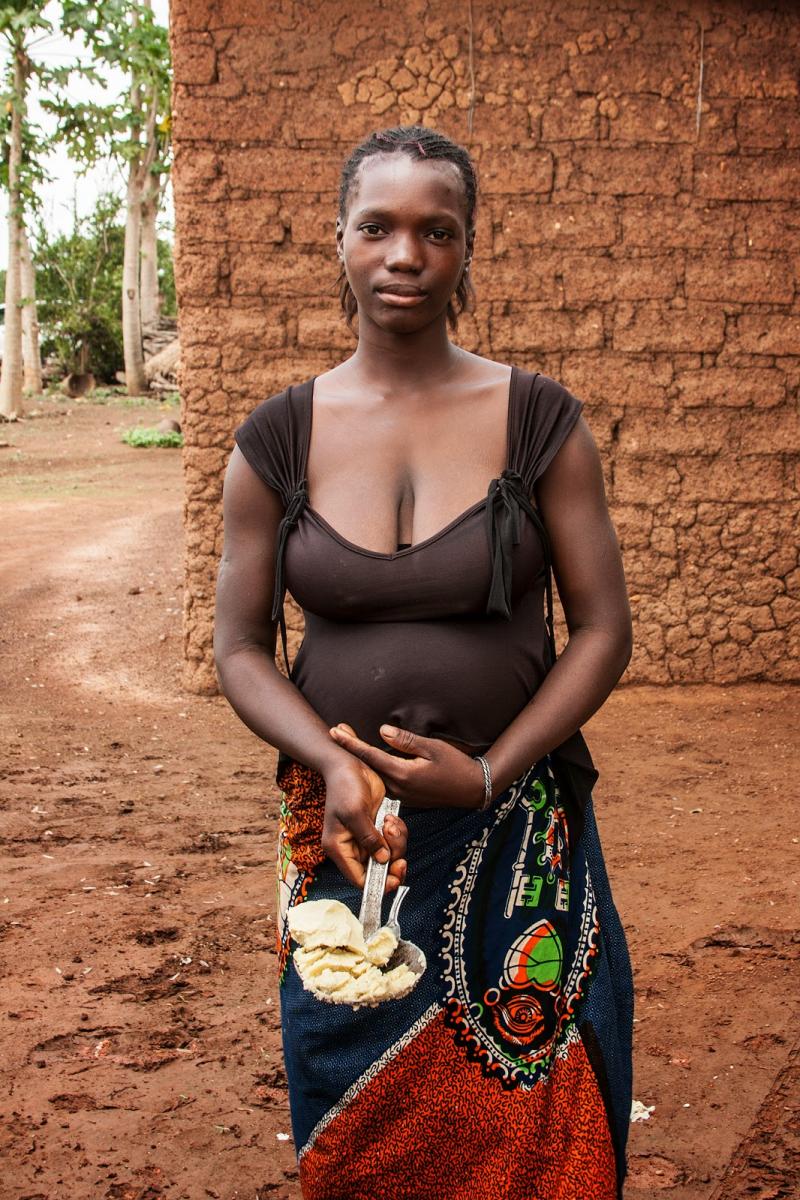 Likewise, with the programme they get inputs to start production and they also receive further assistance to connect their communities to markets. For instance, Mr Nakoudjana Silue, one of the beneficiaries, got a tricycle to transport the food and sell it in town marketplaces.
Likewise, with the programme they get inputs to start production and they also receive further assistance to connect their communities to markets. For instance, Mr Nakoudjana Silue, one of the beneficiaries, got a tricycle to transport the food and sell it in town marketplaces. 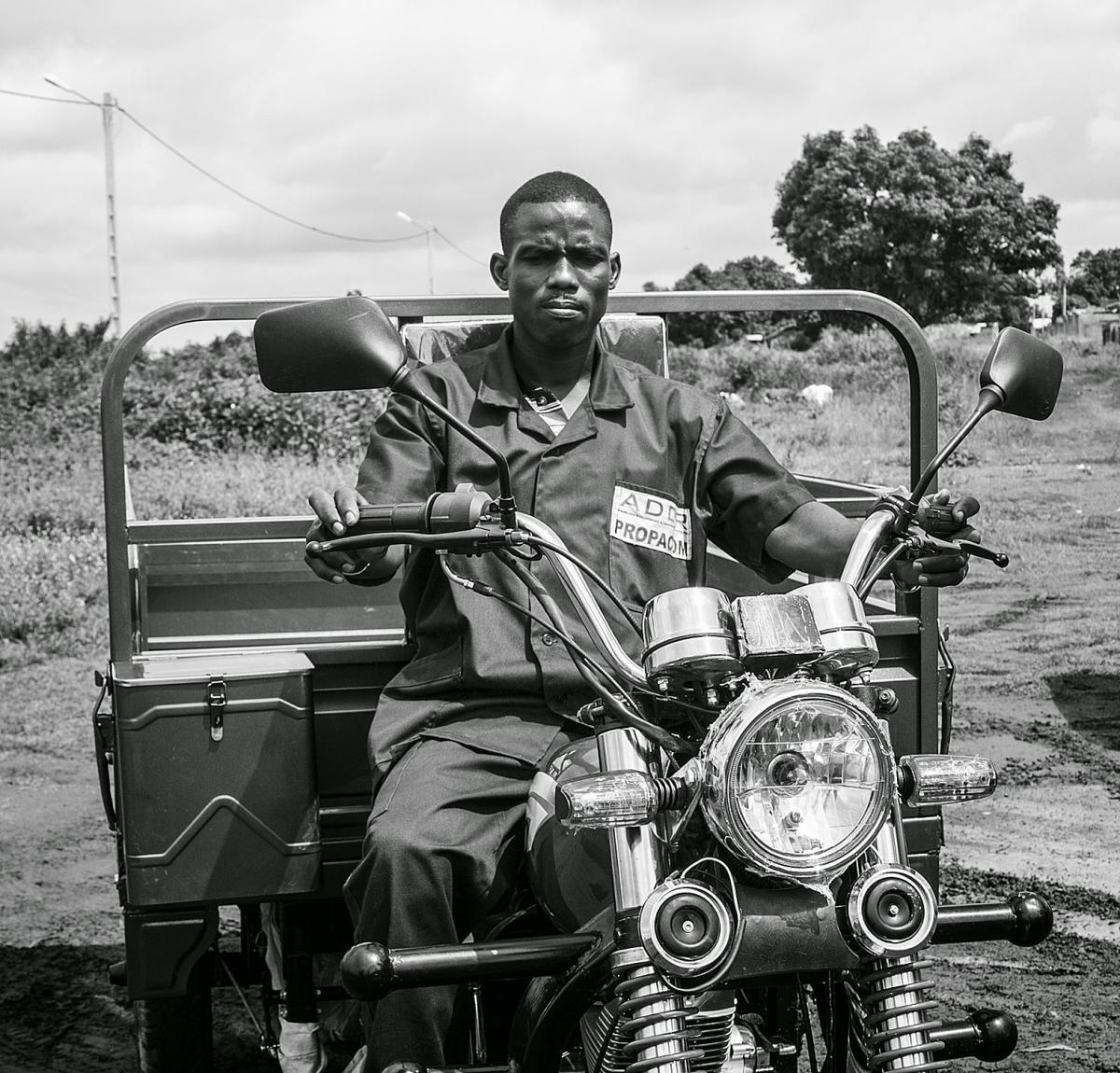 From my point of view, this project is a perfect example of the multi-functionality of agriculture, or in other words, that it can solve many issues in rural areas apart from producing food and fibre: it provides employment; it assures social inclusion of the most vulnerable people; and it can even provide social security and protection.
From my point of view, this project is a perfect example of the multi-functionality of agriculture, or in other words, that it can solve many issues in rural areas apart from producing food and fibre: it provides employment; it assures social inclusion of the most vulnerable people; and it can even provide social security and protection.Click here to read the full original article written by Mariajose Silva Vargas on IFAD blog.
About the author
Related Posts
Comments
No comments made yet. Be the first to submit a commentBy accepting you will be accessing a service provided by a third-party external to https://archive.ypard.net/
Get in touch
Email: [email protected]
YPARD Global Coordination UnitHosted by AGRIDEA and the Czech University of Life Sciences Prague
Lausanne, Switzerland and Prague, Czech Republic - Our Work

